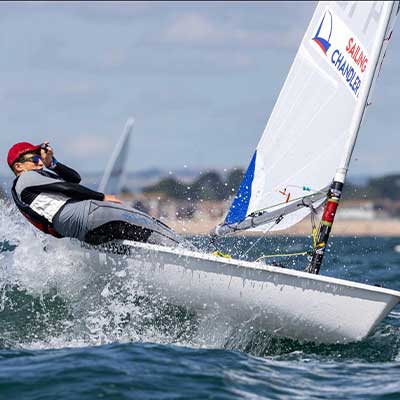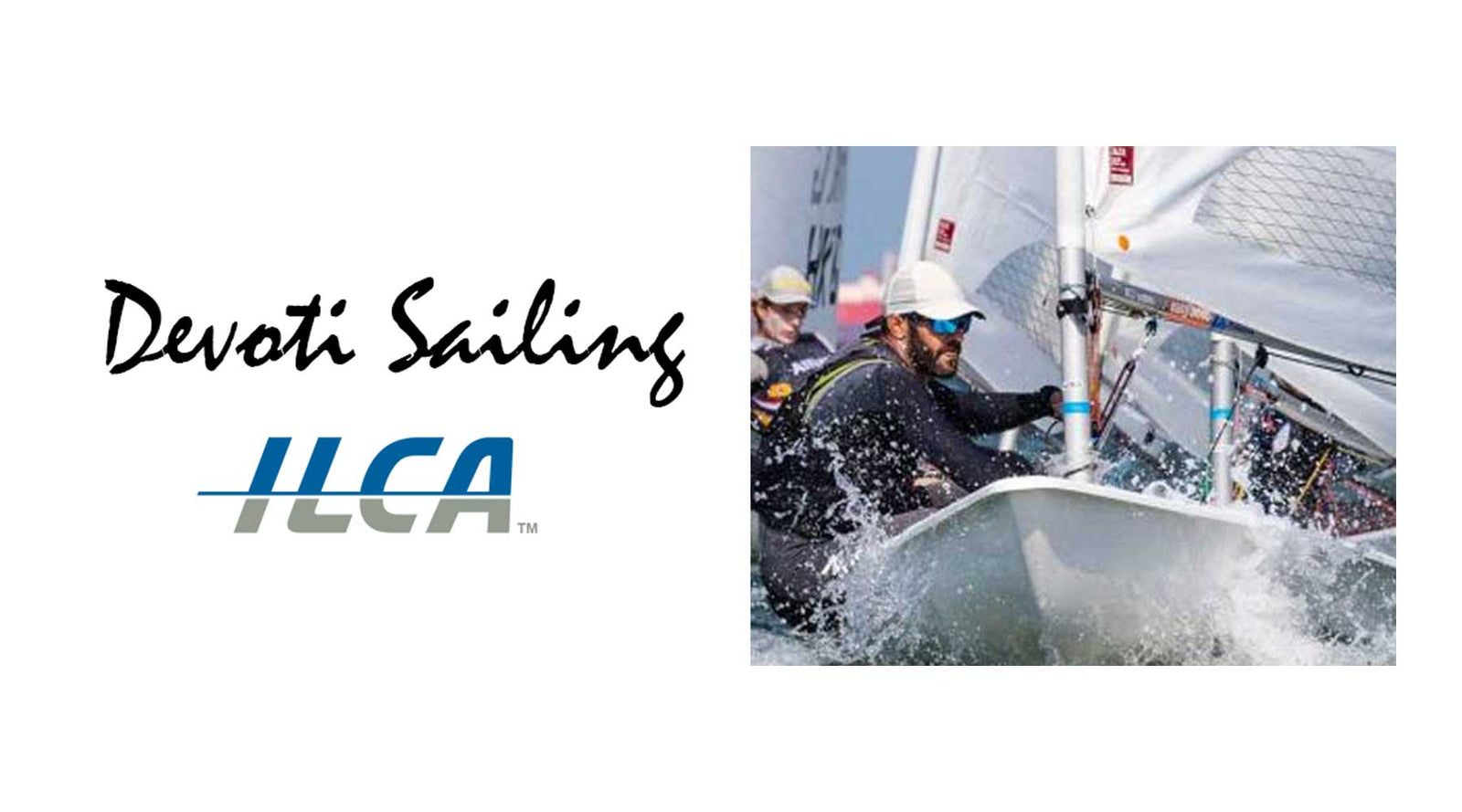Your Cart is Empty

Rated 4.9 out of 5 on Trustpilot

- Clothing
- Ropes
- Chandlery
- Accessories
- Devoti
- Laser Products
- Ocean Play
- Sails & Covers
- Rope Lengths
- Parts By Boat
- Contact Us
- dd
- Login
- GBP
 5 Star Rated by Sailors
5 Star Rated by Sailors
 Trusted For 12 Years
Trusted For 12 Years
 Over 50,000+ Orders Shipped
Over 50,000+ Orders Shipped
 90 Day Risk Free Returns
90 Day Risk Free Returns
 Price Match Promise
Price Match Promise
Fast Dispatch and a 5 Star Rated Service



